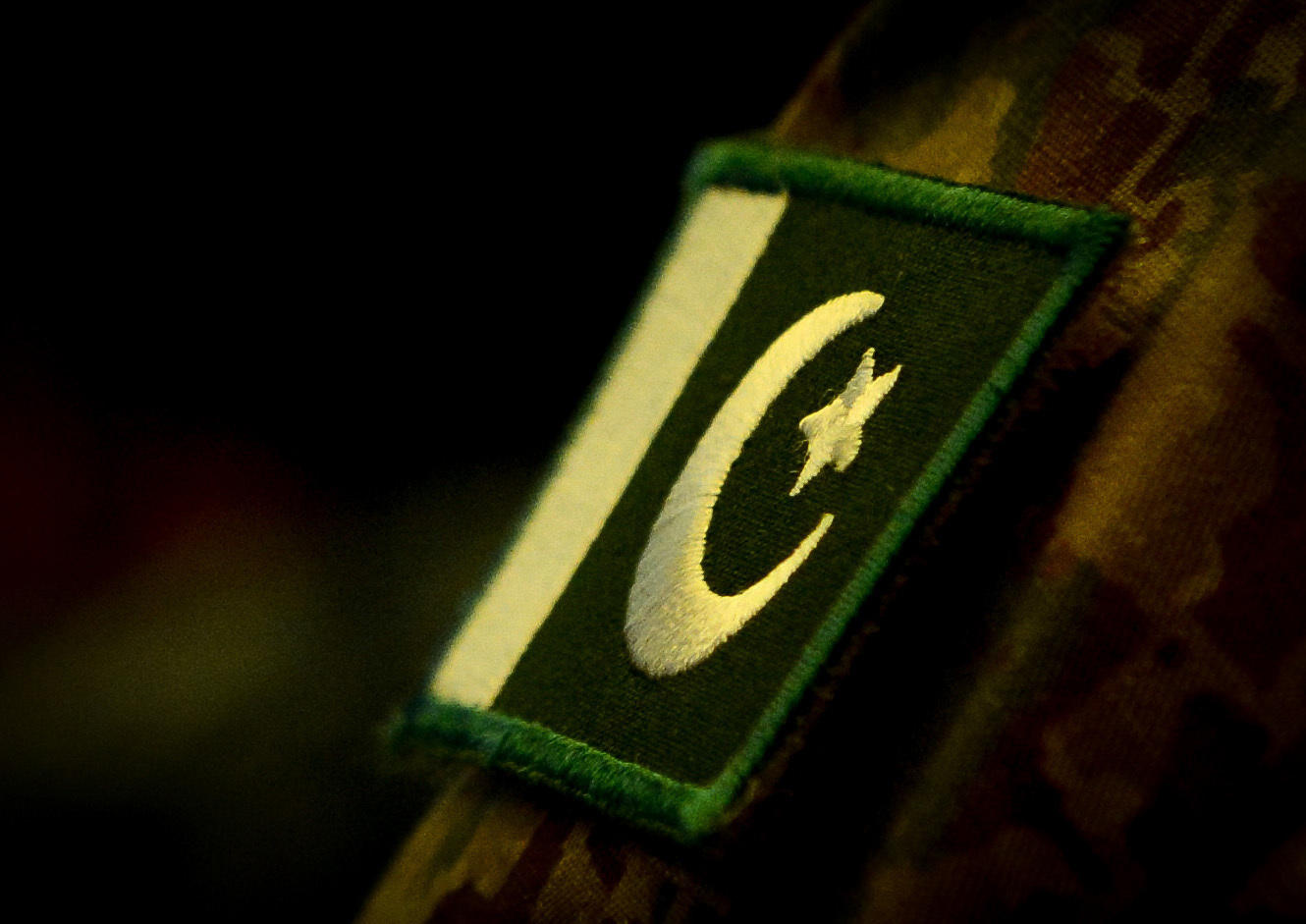U.S. Suspension of Pakistan Military Aid: What It May Mean
An Often-Tense Relationship May Be Turning Unpredictable, USIP’s Moeed Yusuf Says
The first week of 2018 has moved America’s relationship with Pakistan to a new low that includes a dangerous element of unpredictability, says USIP analyst Moeed Yusuf.

The U.S. suspension of most security aid to Pakistan followed a political storm among Pakistanis over a tweet by President Trump on New Year’s Day that declared:
“The United States has foolishly given Pakistan more than 33 billion dollars in aid over the last 15 years, and they have given us nothing but lies & deceit, thinking of our leaders as fools. They give safe haven to the terrorists we hunt in Afghanistan, with little help. No more!”
The United States says Pakistan allows Afghanistan’s Taliban, and notably a faction called the Haqqani network, to operate from Pakistani territory as they launch attacks into Afghanistan against U.S. troops and Afghan targets.
A statement from Pakistan’s National Security Committee called President Trump’s comment factually incorrect and “completely incomprehensible.”
Yusuf, who oversees USIP’s work in Pakistan, said today the U.S.-Pakistani relationship is at a more dangerous point than at any time in its 70-year history.
“The issue is not that either side wants to break the relationship. Nor is a break in itself going to be unprecedented,” Yusuf said. “The problem is that never before has there been a real danger that the U.S. and Pakistan begin to operate like enemies rather than troubled allies. Even when Pakistan went from being the most allied of allies to being the most sanctioned of sanctioned states in 1990, there was never a concern of direct U.S. action against Pakistan. Now, you can’t rule it out completely. I am not saying that is the intent but a tit-for-tat dynamic whereby both sides react to the other’s coercive measures in kind could lead to anything.”
The suspension of security aid is “not itself a game-changer” in the bilateral relationship, Yusuf said. U.S. aid levels get outsized attention in the relationship because they are the easiest thing to play with, he said.
U.S. aid to Pakistan has declined steadily from a peak in 2010-11. Last year, American security assistance and its reimbursement to Pakistan for military operations (called “coalition support funds”) were already well below $1 billion. And only part of what was meant to go there made it due to conditionalities and other technical impediments.
Within Pakistan’s economy, with a gross domestic product of nearly $300 billion per year, the recent level of U.S. aid “simply doesn’t add up to provide strategic leverage for the U.S.” with Pakistan’s government, Yusuf said.
Also, Pakistan has expected this move for a while and already was significantly prepared for it. Over recent years, Pakistan has sought to balance erosion in its relationship with America by strengthening its ties, and its economic gains, from China.
Pakistan historically has supported chosen factions in Afghanistan, its western neighbor, as a way of maintaining Pakistani influence there. Pakistani strategists say their country needs to do so as a defense against its powerful rival to the east, India. Pakistan’s military and security establishment, which determines the country’s foreign policy, fears that Indian influence in Afghanistan has been growing. In the early 1990s, Pakistan supported the Taliban as it took power in Afghanistan.
It’s Pakistan’s fear of India, and not U.S. aid, that is “going to continue driving their strategic calculus,” said Yusuf. “There is also the reality that the U.S. has used assistance cuts to pressure Pakistan in the past with no real gains. In the 1990s, the United States slashed its aid in an effort to force Pakistan to halt its development of nuclear weapons. Not only did the program speed up, but Pakistan’s nuclear kingpin, A.Q. Khan also proliferated nuclear technology,” selling elements of the country’s systems for building nuclear arms.
“If the Trump administration has cut off aid as a one-off punitive measure, it’ll only complicate relations further without producing any desired returns,” Yusuf said. More likely, the move to cut aid is a pressure tactic—a signal that this is the start of a string of actions to hurt Pakistan if it doesn’t do more to help the United States in Afghanistan, he added.
The result could be the reverse. Pakistan is in an election year and “beating up on the U.S. is a popular political strategy,” Yusuf said. Pakistan also can pressure the United States by closing U.S. military supply lines to Afghanistan that pass across Pakistani highways and airspace—a step it took during a 2011 confrontation in relations.
“Deep down, both parties know just how costly a confrontational bilateral relationship will be for them,” and are not likely to be deliberately reckless, Yusuf said. The real danger is the unintended consequences of brinkmanship from both sides.
“Even if neither wants a divorce, with every punitive step, the pressure on Pakistan to react grows, and the slightest miscalculation and overplaying of the hand by either side could be disastrous,” Yusuf said. “The irony is that it is hard to see how any of this will benefit Afghanistan. Yet, the U.S. may lose Pakistan completely to China in the process.”



